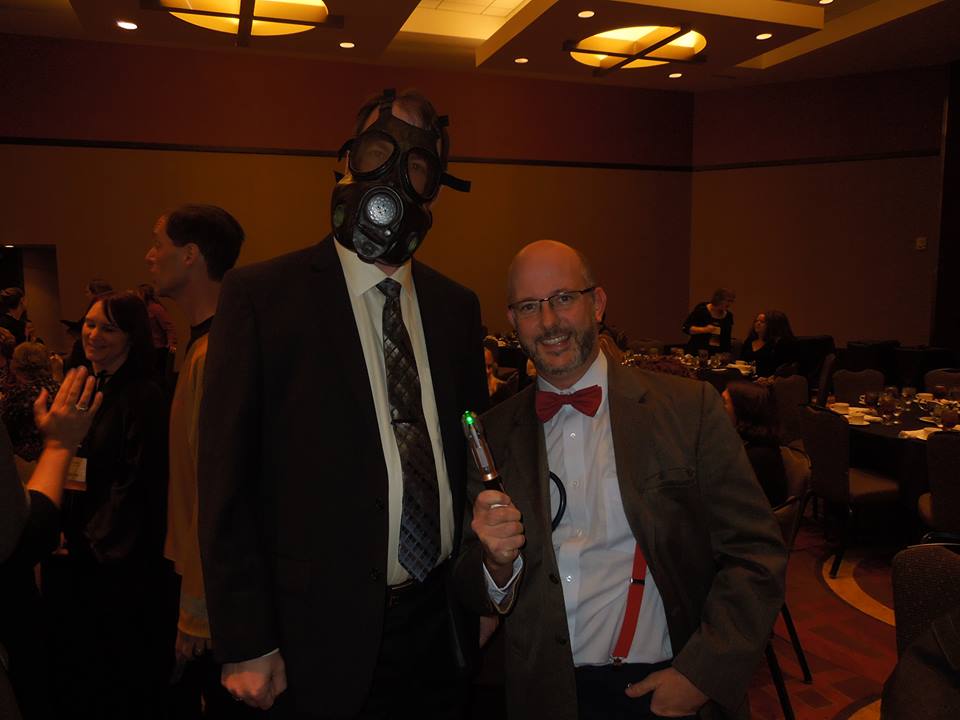Fiction Friday – The Hive By John Otte

by John Otte
Introduction
Finalist – 2015 Realm Makers Genre Award In Science Fiction
ON THE RUN TO SAVE HER BABY
Why is Zain pregnant? She belongs to the Hive, a collective of cyborgs who choose to live apart from the rest of human society. At times, the Hive rent out some of their females to produce tailor-made children for paying couples. But Zain is an engineer, not a breeder. When she finds herself separated from the Hive, she decides to find the person who she thinks ordered the baby. Surely they’ll help her find her way home.
Matthew “Scorn” Nelson has spent the better part of his teenage years cracking computer systems, causing mischief and havoc wherever he can. But the night of his greatest triumph turned into a painful memory, one he wants to erase. But that night was also his first step on a road to faith. When Zain arrives on his doorstep, Scorn is horrified. What’s he supposed to do with a pregnant teenage cyborg?
Unfortunately, he’ll have to answer that question on the run. Zain’s people want to reclaim her and terminate her pregnancy. And both the Ministrix and the Praesidium, two intergalactic governments in a constant state of cold war, want Zain’s baby for their own reasons. Will their enemies run them down? Or will Zain find a new Hive for both her and her child?
Excerpt
The Hive bled.
A tremor rumbled through her and she winced. Normally her mind was alive with images spun from the others: star fields; tumbling engineering data, accompanied by random sounds and thoughts; a constant ebb and flow that rushed through her, buoying her thoughts and wrapping her in a warm cocoon. But now, the images faded in and out. The world cracked at the seams. The Hive’s song—the chorus of soothing voices blended with her thoughts—turned discordant and harsh.
What was happening?
She reached out to draw in assurance from the others’ minds but cold emptiness echoed back. Her breathing exploded in ragged gasps and she clutched tighter to the strands that bound them all together. But the world continued to unravel, light stabbing through her eyes. Thunder crashed in the distance, growing louder, carried on waves of smoke.
What was going on? She cast the inquiry into the Hive, hoping to at least hear an answering ping, some indication the others were still with her.
Silence.
Had the splinter ship failed? She tried to call up a diagnostic subroutine but the connection to the Hive slipped. Only partial results filtered through. Catastrophic failure. Emergency conditions. Evacuation recommended.
An unquenchable urge built within her. She had to detach. Ice clawed up her spine. She had never been independent of the Hive before. This splinter ship was the closest she ever came, but even here she traveled with a hundred others, shored up by the combined weight of their minds. To be truly alone, adrift in space . . .
Another tremor rocked her, accompanied by a burst of light. She had to act. Now.
With a gasp, she fell back into her body. The walls of ther pod threatened to suffocate her. A line of light traced around her and the metal burst. Rancid air washed over her as she gagged and stumbled, landing on her hands and knees on the heaving deck.
Her surroundings swam before her vision sharpened, her ocular implants straining to compensate for the obscured lighting. She sucked in a deep breath to calm her churning stomach, only to choke on the hot smoke.
Fragments of the splinter ship’s control matrix threaded through her consciousness, asking if she wanted to be outfitted for emergency maneuvers. She nodded, mentally issuing the needed orders.
Robotic arms burst from the walls, sleek and gray in the low light. They whirled around her, their thin fingers splayed wide. A grid of red lines traced over her body. She remained still, trying to ignore the distant thunder of an explosion somewhere within the ship.
The metal fingers completed their orbit, then snared her arms. Warmth oozed up and over her shoulder, spreading down her chest and back and encasing her legs. A thin, black substance coated her body, hardening into skintight clothing. Other arms pressed formfitting metal plates to encircle her arms, legs, and torso. She frowned. The matrix wasn’t outfitting her with any tools beyond what she already had in her artificial right arm. She was an engineering drone on a damaged ship. Why not let her work?
Instead, the control matrix dumped information into her cognitive implants. Wisps of astrogation data, speculation on the current conflict between the Ministrix and Praesidium, survival tactics—it all bled together in an overwhelming mess. She tried to stem the flow, but the matrix was relentless in its dying gift to her.
The lights of the splinter ship flickered and the robotic arms convulsed. Then, with a low rumble that shook the deck, the ship went still. The matrix fell silent and she was plunged into darkness.
She tried to move, but the metallic fingers remained attached to her left shoulder, holding her immobile.
This wouldn’t do. She examined the fingers, her optical scanners identifying the weak points. A cutter torch popped out of the palm of her right hand. Sparks flew as she cut herself freen. That done, she grabbed the remaining appendages and twisted. With a screech of tearing metal, the fingers broke. She nodded. True, the arms hadn’t completed their task—which left parts of her legs and lower back unarmored—but she needed to leave.
Now.
Still . . . what about the others? With the control matrix gone, there was no way to touch their minds. Maybe there were other survivors. Hive-mates who might need her help, especially if they were still trapped in their pods. She had to find out for sure.
She wrenched the door open and the air sighed past her. The hull was probably sill intact. She groped her way down the corridor.
A wave of vertigo washed over her. She stumbled and caught herself against the wall. The gray plating fluctuated, sending her stomach into free fall. Scrunching her eyes shut against the rolling in her gut, she pressed on. She’d find the rest of the crew quickly. She ducked under a half-open door and into the spacious bay beyond. Dozens of pods lined the walls.
She knelt down next to one, running her hand along the smooth metal. The device was cold, its lights and panels, dark. She pounded against the pod and then pressed her ear against the side . . .
Nothing.
She tried to force the pod open but couldn’t slip her fingers into the hatch.
She moved down the line. The other pods remained unresponsive. Had the occupants died? She could cut open the pod, the same way she had sliced off the robotic arm, but that would wast both oxygen and time, and for what? A fleeting hope. As much as it killed her, she had to leave.
After twenty minutes of shimmying through engineering ducts, she came to the only part of the ship that clung to power. The warmth of the escape pod bled through the chilling air, urging her into its lit maw. She slid into the plush seat, safety restraints worming around her body. She glanced toward the open door. Maybe another survivor would join her.
Five minutes later, she linked with the escape pod’s systems and ordered it to depart.
The acceleration pressed her against the seat. She closed her eyes, watching through the escape pod’s sensors as she sped away from the only world she knew. Loneliness threatened to smother her. She stretched out as much as she could, hoping to catch a glimmer of the Hive, to feel its comforting buzz in her mind again.
Silence answered her.
– – – – –
The Author
 John W. Otte, a former columnist here at Spec Faith, grew up in Columbia Heights, a suburb of Minneapolis, Minnesota. When he was younger, he dreamed of being a superhero, fueled by reading collections of Superman and Batman comics. Instead, he attended college at Concordia University in St. Paul, Minnesota, where he majored in theatre. He graduated summa cum laude in 1996 and then attended Concordia Seminary in St. Louis, Missouri, where he received his Master of Divinity in 2000. He now serves as a pastor in Blue Springs, Missouri, where he lives with his wife and two sons.
John W. Otte, a former columnist here at Spec Faith, grew up in Columbia Heights, a suburb of Minneapolis, Minnesota. When he was younger, he dreamed of being a superhero, fueled by reading collections of Superman and Batman comics. Instead, he attended college at Concordia University in St. Paul, Minnesota, where he majored in theatre. He graduated summa cum laude in 1996 and then attended Concordia Seminary in St. Louis, Missouri, where he received his Master of Divinity in 2000. He now serves as a pastor in Blue Springs, Missouri, where he lives with his wife and two sons.
He has published short stories in The Leading Edge Magazine and Dragons, Knights, and Angels in 2006. He was a ACFW Genesis Contest Finalist in 2008. His debut novel, Failstate, was a finalist for the 2013 Christy Awards and he has been a finalist two other times with Numb and Failstate: Nemesis. He is a member of American Christian Fiction Writers.












































This sounds really interesting!